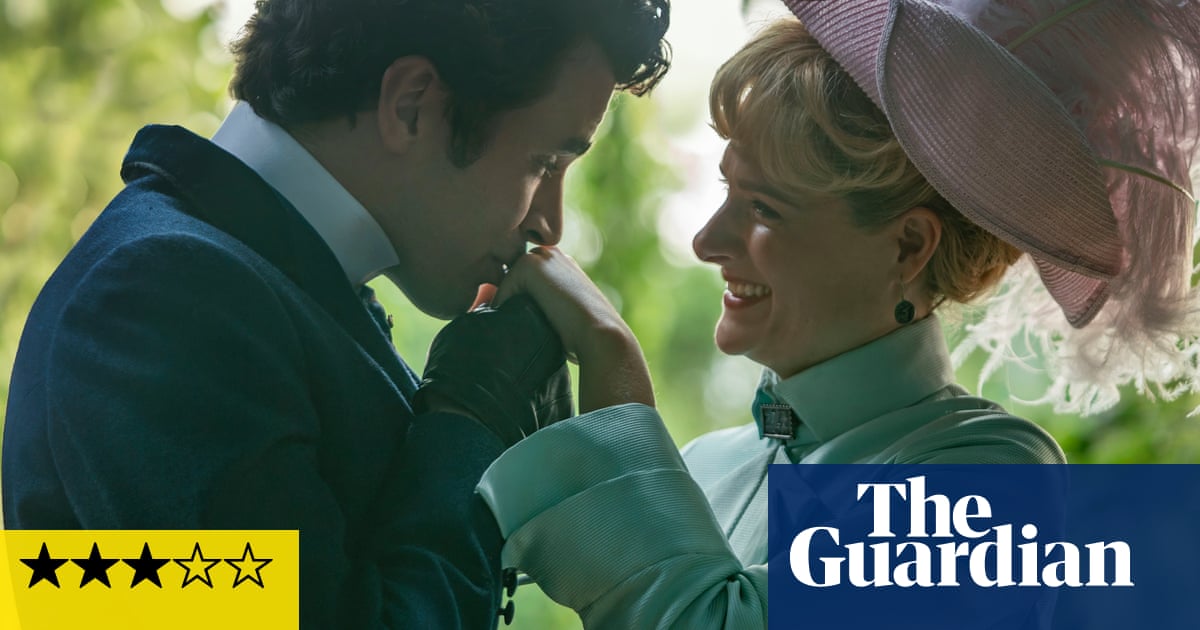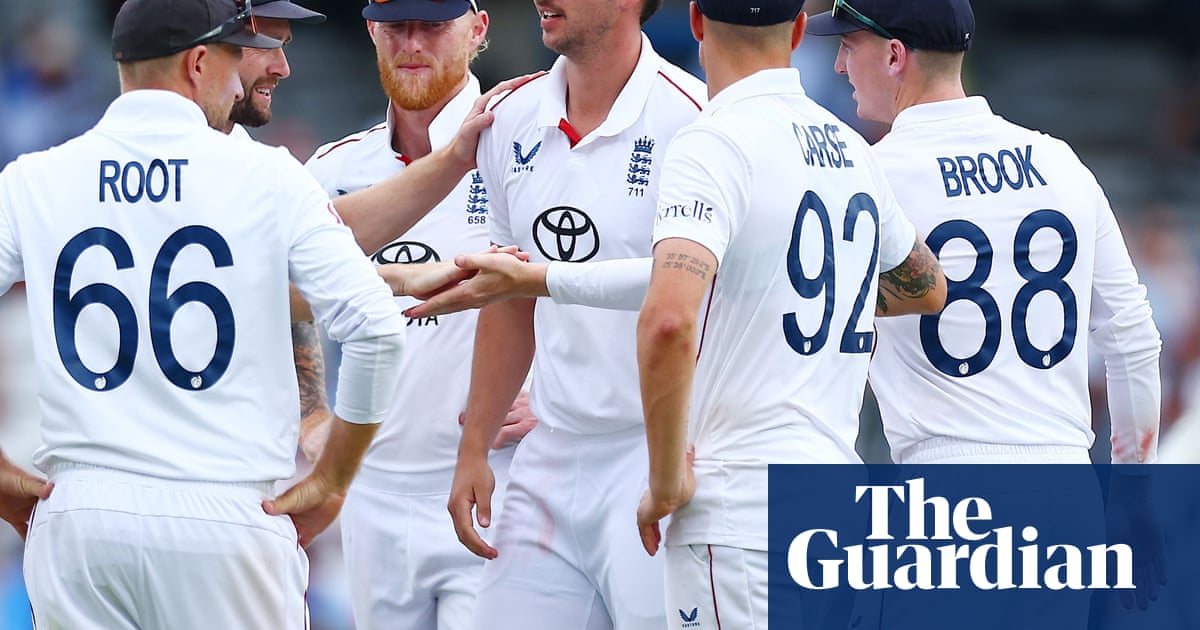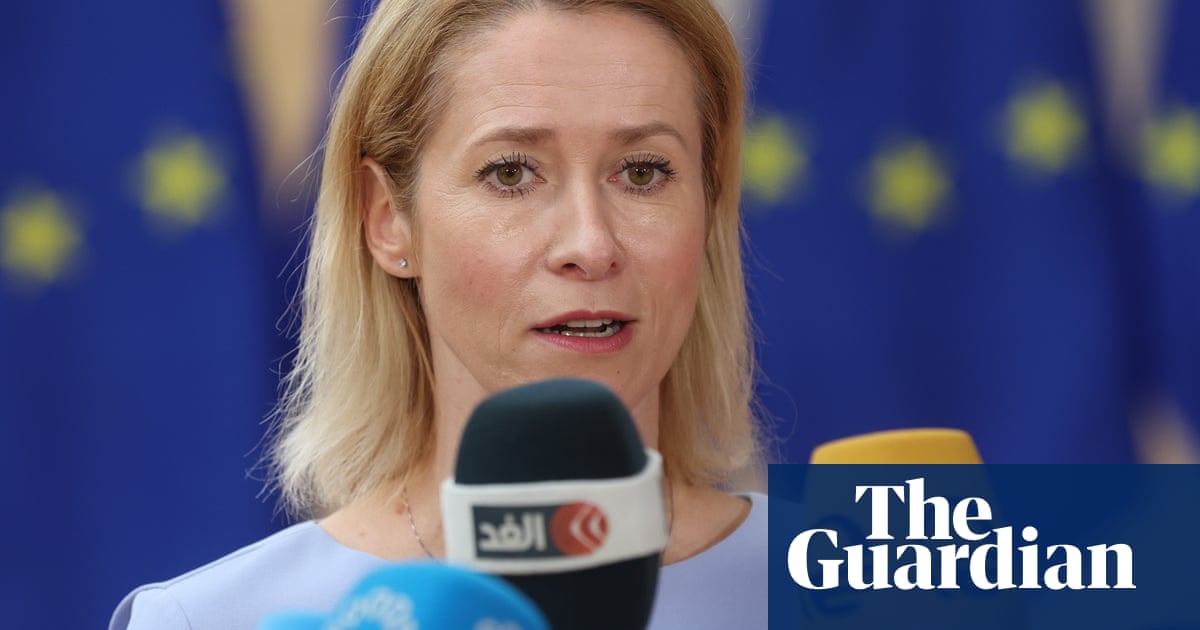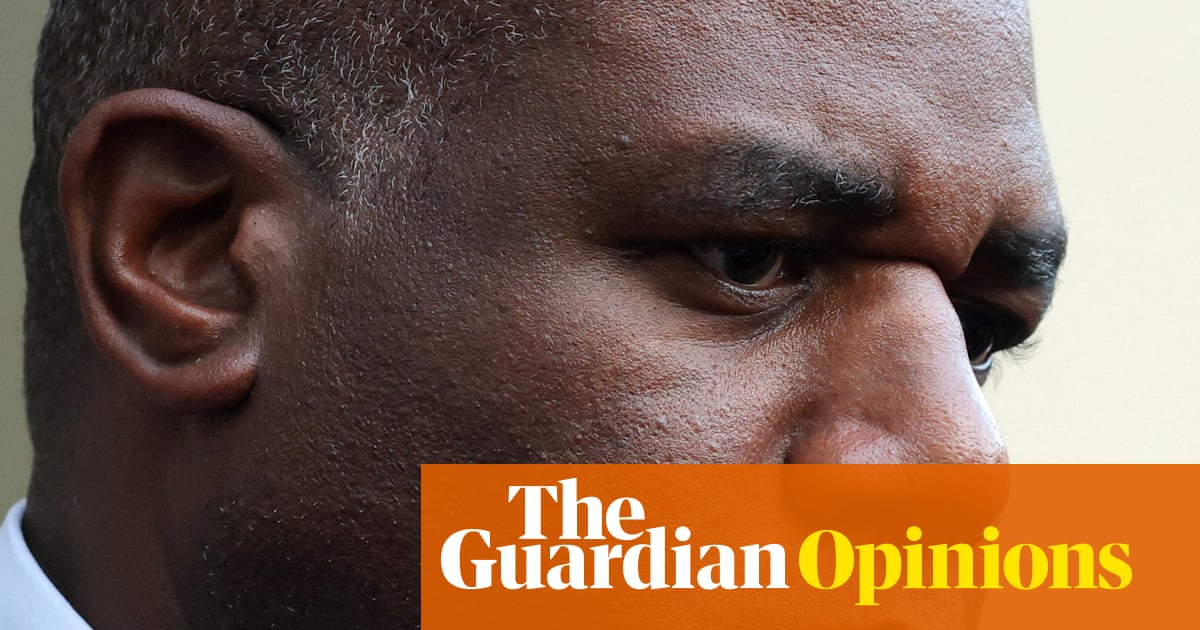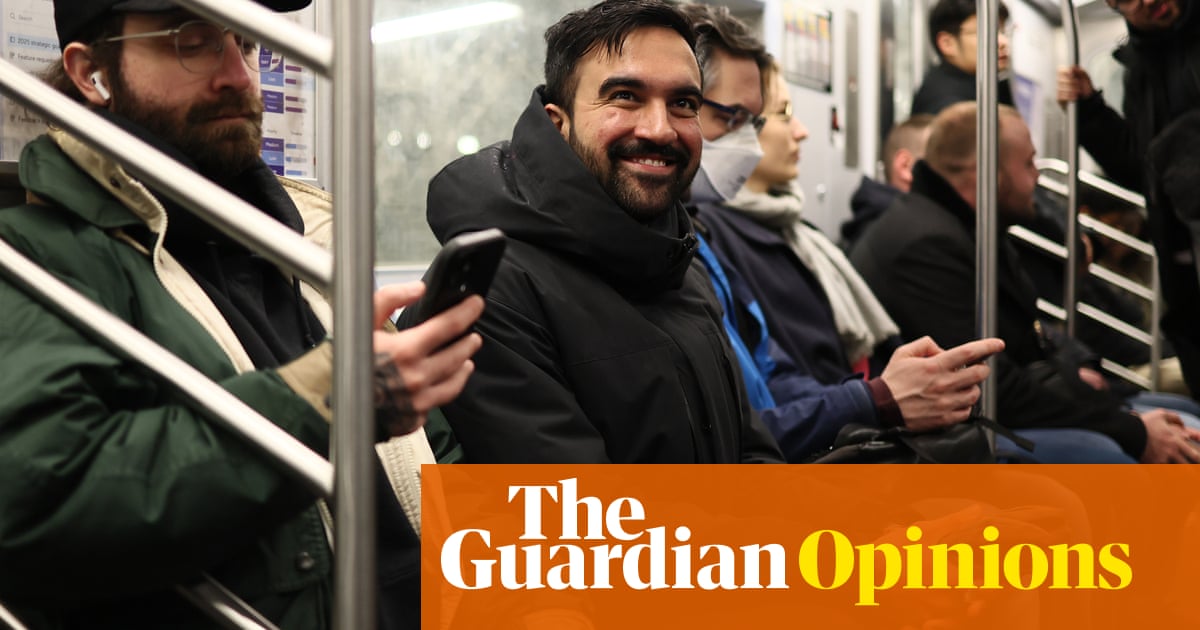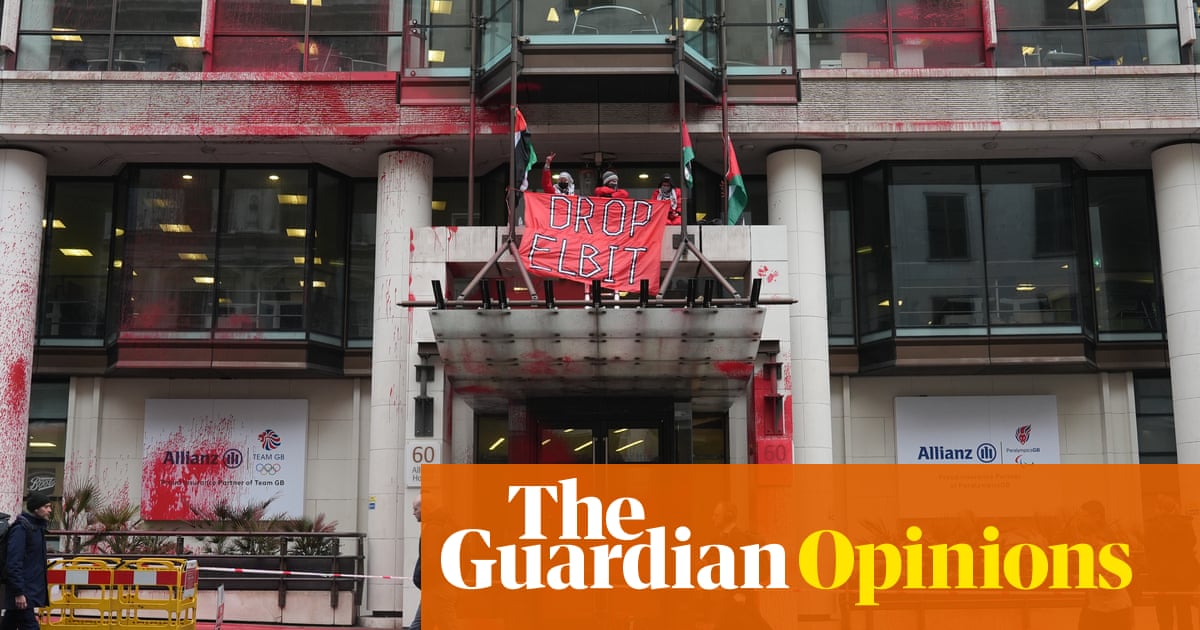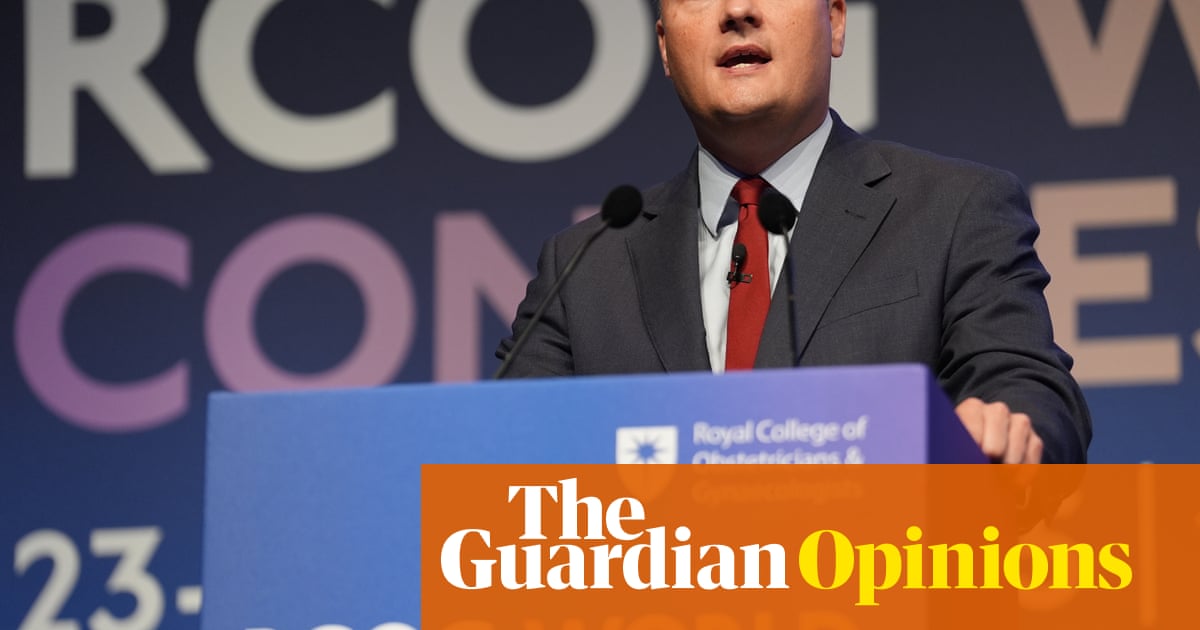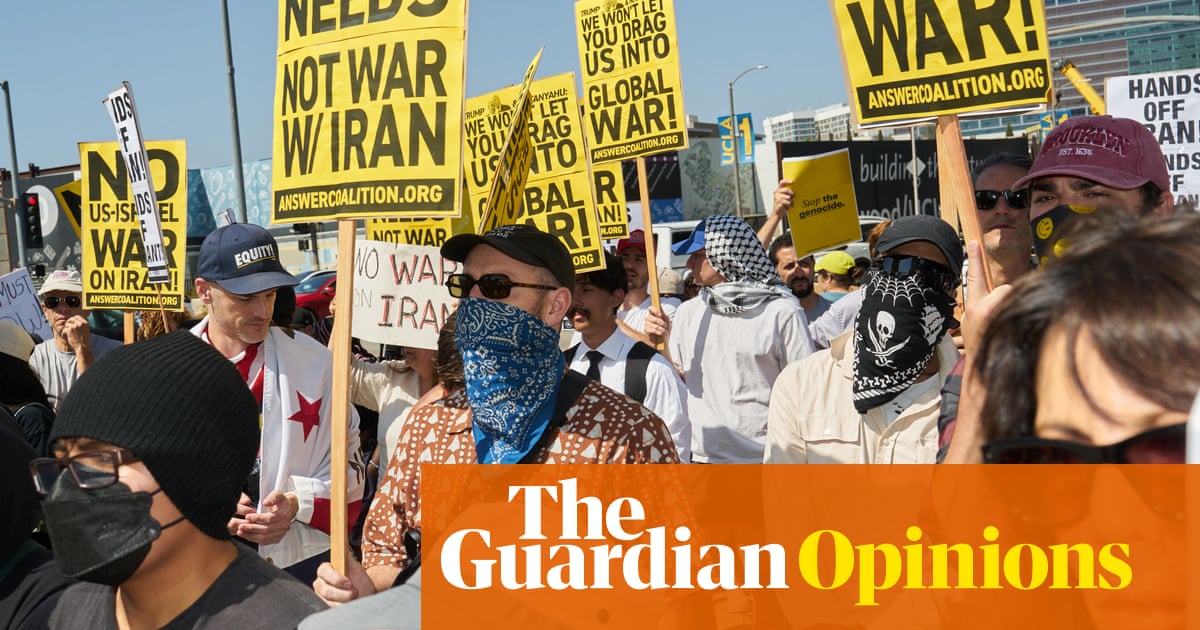We’re hiding behind a dining table, waiting for the birthday girl to arrive.
The door creaks open. “Surprise!” we shout.
When her shock fades, my friend yells, “I thought the party was tomorrow!”
My heart sinks as I realize she’d planned her own, separate party – and she hadn’t invited me.
After a decade of knowing her, I had become her fringe friend – a non-essential pal, the person who’s “always welcome but never invited”, as fellow fringe friends say online.
I shouldn’t have been so surprised. We had grown apart after living in different cities, and our conversations have felt awkward and forced lately. But I still considered her one of my closest friends, so it stung when I realized she no longer prioritized our relationship like I did.
Being a fringe friend is a universal experience, according to friendship experts. A study of college students found that the majority of people think their friendships are reciprocal, but only about half of them actually are. In a similar vein, people crave quality over quantity. Surveys from the American Friendship Project found that over 75% of adults were satisfied with the number of friends they had, but more than 40% felt they weren’t as close to them as they’d like.
Dr Miriam Kirmayer, a clinical psychologist and friendship expert, says negative thought patterns are common when you’re a fringe friend: Did I do something wrong? Am I worthy of friendship?
“It’s important to normalize and validate those feelings,” says Kirmayer. “But on the other end, I find a lot of them stem from misconceptions we have about what’s necessary in order to feel connected.”
In other words, there may be some benefits to being a fringe friend.
Research shows that companionship helps us feel more satisfied with life and protects us against mental and physical health problems, such as depression, anxiety and heart disease.
At the same time, social relationships impose norms and expectations that can have the opposite effect, says Kirmayer. For example, you might think you need to attend every group hang – or risk not getting another invite. Or you may agree to all your pal’s inconvenient requests so they know you have their back.
But these “shoulds, musts and have-tos” aren’t always accurate, says Kirmayer. Instead, they “increase pressure and feelings of guilt or shame when we feel as though we aren’t measuring up or behaving in the way that’s expected”.
Cue the first benefit of being a fringe friend: you aren’t beholden to anyone’s expectations.
“You don’t have to be at someone’s beck and call because you know you’re not their go-to person,” says Dr Irene Levine, a psychologist, friendship expert and author of Best Friends Forever: Surviving a Breakup with Your Best Friend. “It’s nice to not have somebody depend on you. It doesn’t feel like you’re rejecting anyone.”
Embracing your fringe friend era also gives you the space and time to invest in other areas of your life, says Levine, including new hobbies, self-care routines or family relationships.
Meg Foster, a 22-year-old theology graduate student from Austin, Texas, had her own epiphany about three years ago when someone she was close to in high school “forgot” to invite her to their mutual bestie’s surprise engagement party. (They were both bridesmaids at the wedding … awkward.)
The experience gave her the time and confidence to try new things – pottery, crochet, cycling, making bread from scratch – that she wouldn’t have otherwise had. She also had zero fear of being judged for any of it. “There’s a lot of freedom in anonymity,” she says.
As long as you’re not being mistreated, it’s perfectly fine, necessary even, to be a fringe friend, says Danielle Bayard Jackson, a relational health educator and the author of Fighting for Our Friendships. But be wary of using your fringe friend status to retreat into yourself, she says. Alone time can be healthy, but too much can make you feel worse.
after newsletter promotion
Becoming aware of emotional and physical distance from others can help you reflect on what you want and need from friendships, says Kirmayer. Are you spending time in spaces that feel nourishing and meaningful? What do you feel comfortable telling others about yourself? Are you craving emotional intimacy or shared experiences?
This information can help you diversify your social relationships, says Kirmayer, which is a relatively easy way to meet different people who could potentially turn into close friends.
Studies suggest that people who have more fringe friends – sociologists call them “weak ties” – feel happier and more connected than those who have fewer of them.
“Very often one of the things I hear is the deep desire and the deeply held belief that we either need a best friend or that we need a friend group. That can be a source of motivation, but it can also be a source of shame and disappointment. The truth is that we can benefit from having all sorts of different connections and friendships in our life and that no one person can or will meet every connection need that we have,” says Kirmayer.
“Finding micro-communities will allow you to not only tap into specific connection needs you have, but also specific experiences you might share,” says Kirmayer. For instance, support groups can be helpful for people dealing with chronic disease or the death of a loved one – you can relate to others who truly get it without the fear of judgment, she says.
This means it’s worth the extra effort (and potential awkwardness) to ask your barista about their weekend plans or finally get to know your neighbor over freshly baked cookies. In fact, research shows that conversations with strangers tend to be more enjoyable than people expect.
“These weak ties help us address a different type of loneliness,” Kirmayer says. “It might not be of the intimate, relational variety, but may be the communal type of loneliness: the feeling as though we are part of a larger community.”
That said, balance is key. Finding and fostering deeper, reciprocal connections is important for your wellbeing, Kirmayer says. These more intimate relationships offer stronger emotional support, satisfy our innate need to feel capable and included, and are a major source of our overall happiness, research suggests.
That’s easier said than done. But when you embrace the vulnerability that comes with getting closer to others, you’ll find that most people are open to it, says Kirmayer.
That doesn’t mean you have to dump fringe friendships along the way, says Jackson: “It’s about supplementing, not replacing.” Someone who is not your best friend can still bring value and joy to your life.
It can be tough if you realize a particular bond is no longer mutual. But that doesn’t have to be the case forever.
“Very often we think about the fringe experience as being the end point in our friendship and we believe the misconception that that’s where we’ll stay,” says Kirmayer. “But maybe it’s really the next step in building closeness. So instead of seeing this as the end, can you see it as the beginning?”

 2 months ago
47
2 months ago
47

